In a survival situation, staying united and working together is crucial. However, certain stressors can push your team to the breaking point. Here are 15 stressors that could break your team in a survival situation, so you can be aware and prepared to handle them. Or better yet, have a solid emergency plan in place so that most of these issues don’t arise to begin with.
1. Lack of Communication

Poor communication can lead to misunderstandings and mistakes. Ensure everyone knows their roles and stays informed about plans and changes. Regular check-ins and clear instructions can help keep everyone on the same page. Use hand signals or written notes if verbal communication is difficult.
2. Food Shortages

Not having enough food can cause tension and weaken your team physically and mentally. Plan ahead by rationing food supplies and finding alternative food sources. Sharing equally and working together to find food can maintain trust and cooperation. Teach everyone basic foraging skills to diversify food options.
3. Water Scarcity
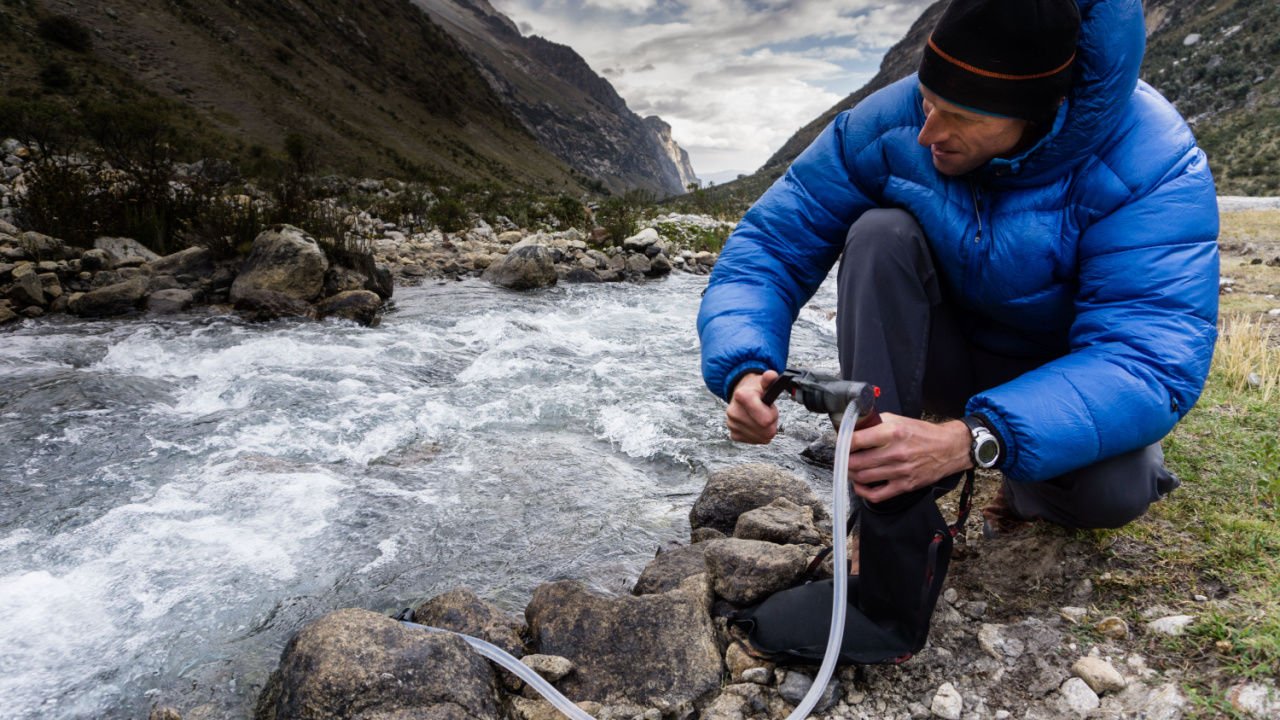
Water is essential for survival, and a lack of it can lead to dehydration and stress. Make finding and purifying water a top priority. Teach everyone how to locate and purify water to reduce anxiety and ensure a steady supply. Establish a schedule for water collection and purification to maintain consistency.
4. Extreme Weather
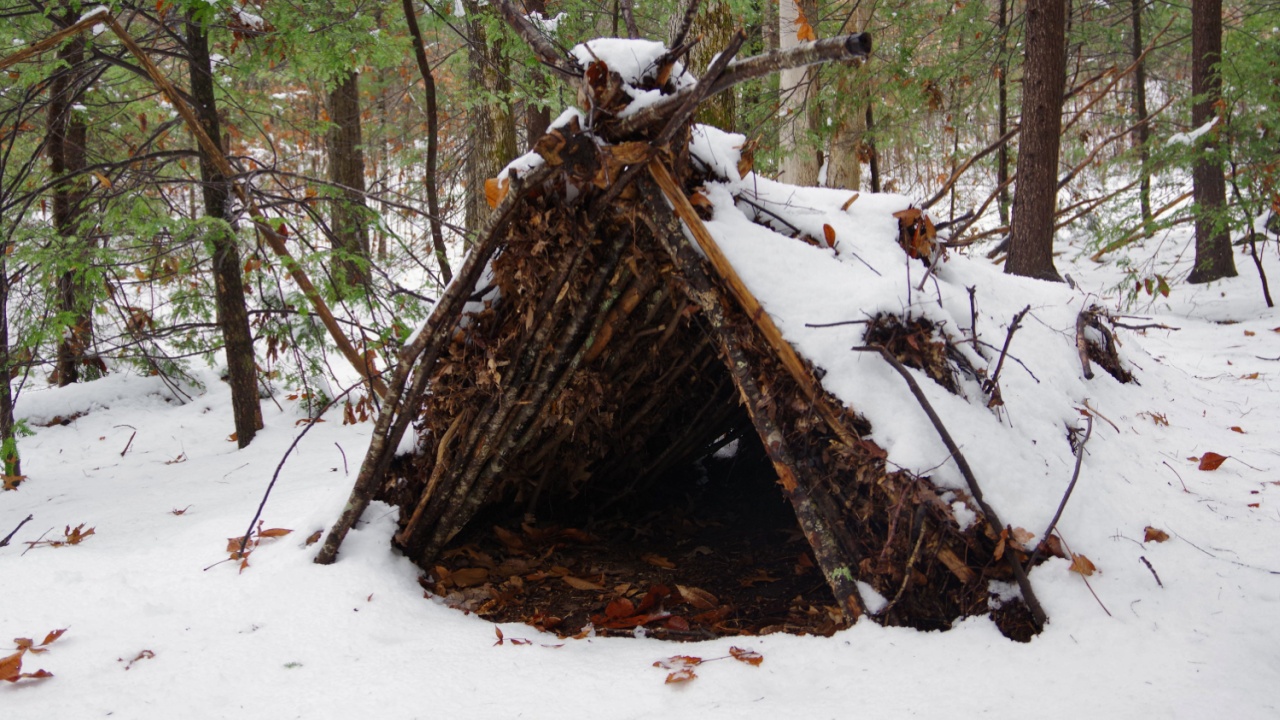
Harsh weather conditions can make survival even harder. Prepare by having proper clothing, shelter, and gear for various weather scenarios. Staying dry and warm can prevent hypothermia and maintain morale. Build windbreaks and insulation for shelters to enhance protection against the elements.
5. Injuries and Illness

Injuries or illness can debilitate team members and add extra strain. Keep a well-stocked first aid kit and know basic medical skills. Assign roles based on health and strength to ensure everyone contributes without overexerting themselves. Regularly check on each member’s health to catch problems early.
6. Leadership Conflicts

Disputes over leadership can cause chaos and hinder decision-making. Establish a clear leader or a decision-making process before an emergency. Encourage respectful discussions and consensus to avoid power struggles. Rotate leadership roles periodically to ensure everyone feels valued and heard.
7. Fear and Panic

Fear and panic can spread quickly and disrupt logical thinking. Stay calm and focus on practical solutions to keep fear at bay. Practice stress-reduction techniques and support each other to maintain a calm atmosphere. Use breathing exercises or meditation to help manage anxiety levels.
8. Fatigue
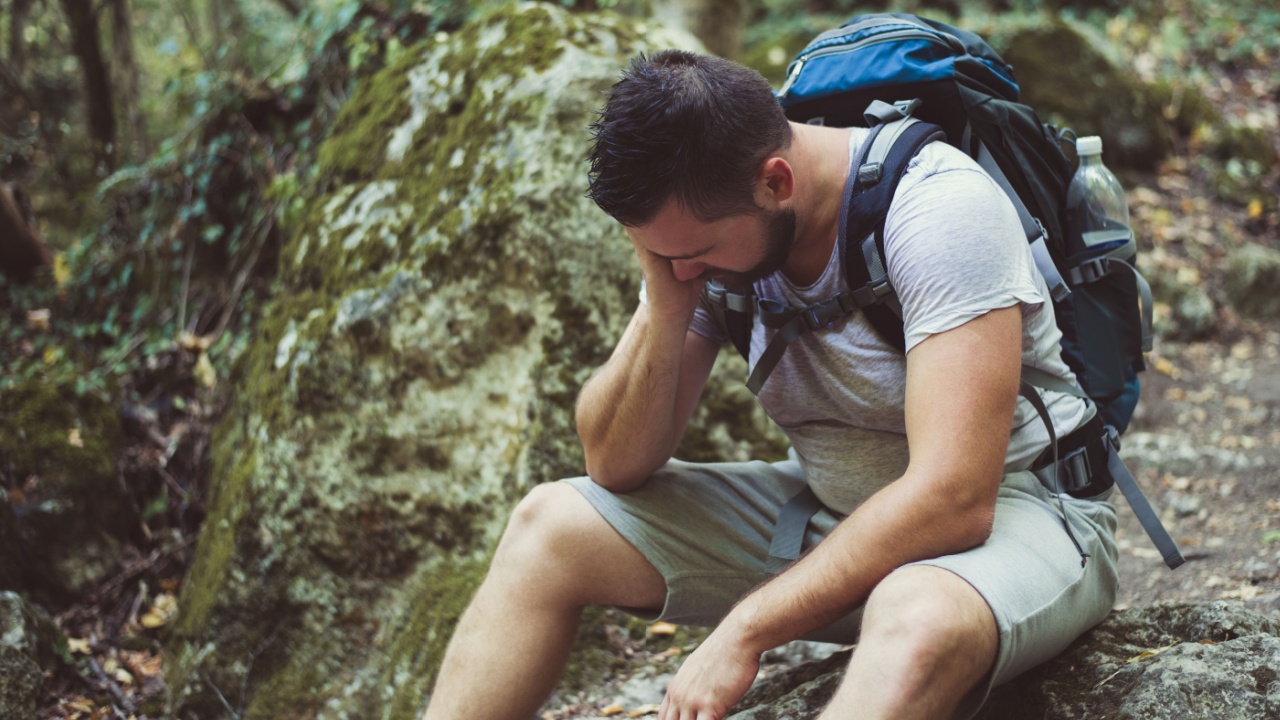
Exhaustion can impair judgment and lower morale. Ensure everyone gets enough rest by rotating duties and allowing time for sleep. Short breaks can also help maintain energy levels and prevent burnout. Create a rest schedule that allows everyone to recharge without compromising safety.
9. Isolation

Feeling isolated can lead to loneliness and depression. Encourage open communication and teamwork to build strong connections. Group activities and regular interactions can help everyone feel included and supported. Assign buddies to ensure no one feels left out and everyone has a support system.
10. Conflicting Personalities

Different personalities can clash, leading to arguments and resentment. Promote respect and understanding among team members. Encourage compromise and focus on common goals to minimize conflicts. Establish ground rules for behavior and conflict resolution to maintain harmony.
11. Lack of Skills
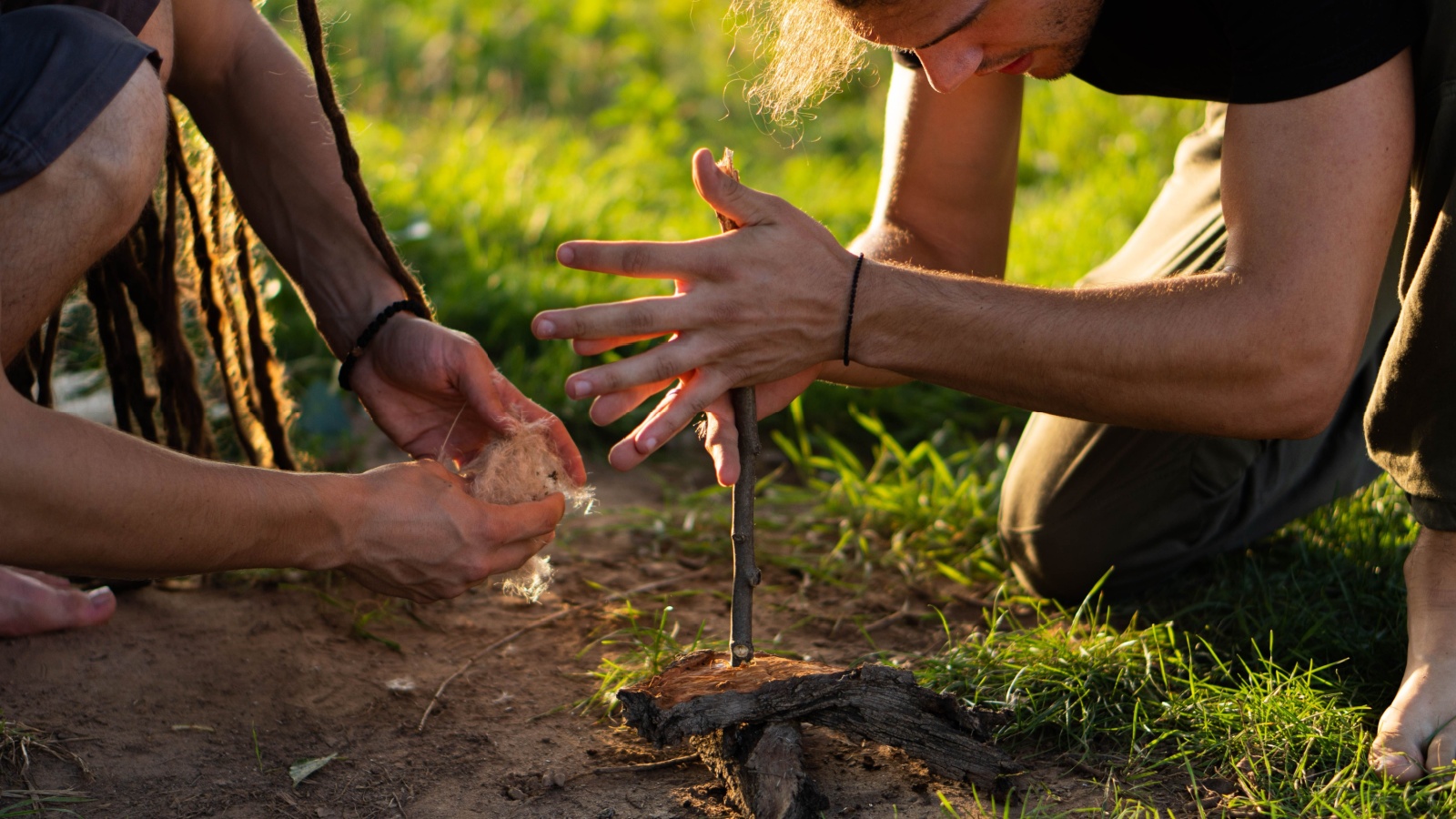
Not having the necessary survival skills can cause frustration and helplessness. Hold regular training sessions to ensure everyone is prepared. Knowledge of basic survival skills can boost confidence and teamwork. Encourage skill-sharing among team members to build a well-rounded skill set.
12. Resource Management

Poor management of resources can lead to shortages and disputes. Track and ration supplies carefully to ensure they last. Transparent resource management can prevent misunderstandings and build trust. Keep an inventory log and update it regularly to stay aware of resource levels.
13. Inconsistent Decision-Making

Inconsistent or impulsive decisions can confuse and frustrate team members. Develop a clear decision-making process and stick to it. Consistency in decisions helps maintain stability and confidence in leadership. Include team input when possible to make everyone feel involved and respected.
14. Unrealistic Expectations

Unrealistic expectations can lead to disappointment and frustration. Set achievable goals and adjust them as needed based on the situation. Celebrate small victories to maintain morale and motivation. Communicate openly about what is realistic and feasible to avoid setting unattainable goals.
15. Mental Health Issues
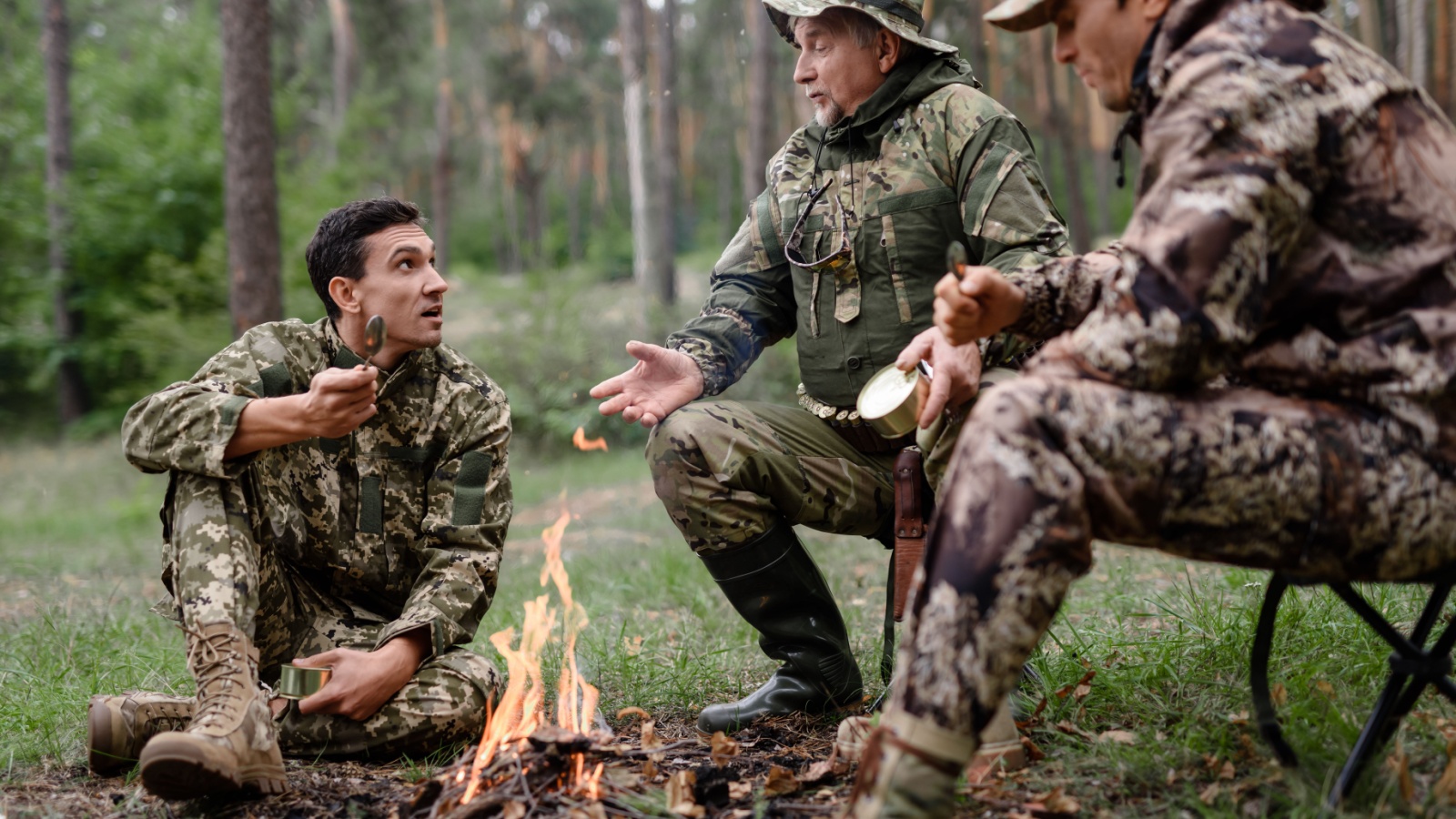
Survival situations can take a toll on mental health, leading to anxiety and depression. Encourage open discussions about feelings and provide support. Recognizing and addressing mental health issues early can prevent them from escalating. Provide access to mental health resources and encourage regular check-ins.
20 Crucial Supplies for Surviving a Societal Collapse

In the face of uncertainty, being well-prepared gives you at least some degree of control and security. The thought of a societal collapse, while extreme, prompts us to consider how we might endure without the conveniences of our current lifestyle. Here’s a list of 20 essential items that could prove indispensable in such a scenario. This guide isn’t about succumbing to fear but embracing preparedness and resilience.
14 Essential Canned Goods for Your Emergency Pantry

I firmly believe in keeping a well-stocked emergency pantry. While fresh food is ideal, in a survival situation, we may not be that lucky. So, for my family, even though we grow a lot of our own food, canned goods play a crucial role in emergency preparedness. They offer a reliable source of nutrition when access to fresh produce may be limited. The goods you stockpile should be affordable, easy to store, and full of nutrition.
Best Regions in the U.S. to Escape to When Society Collapses
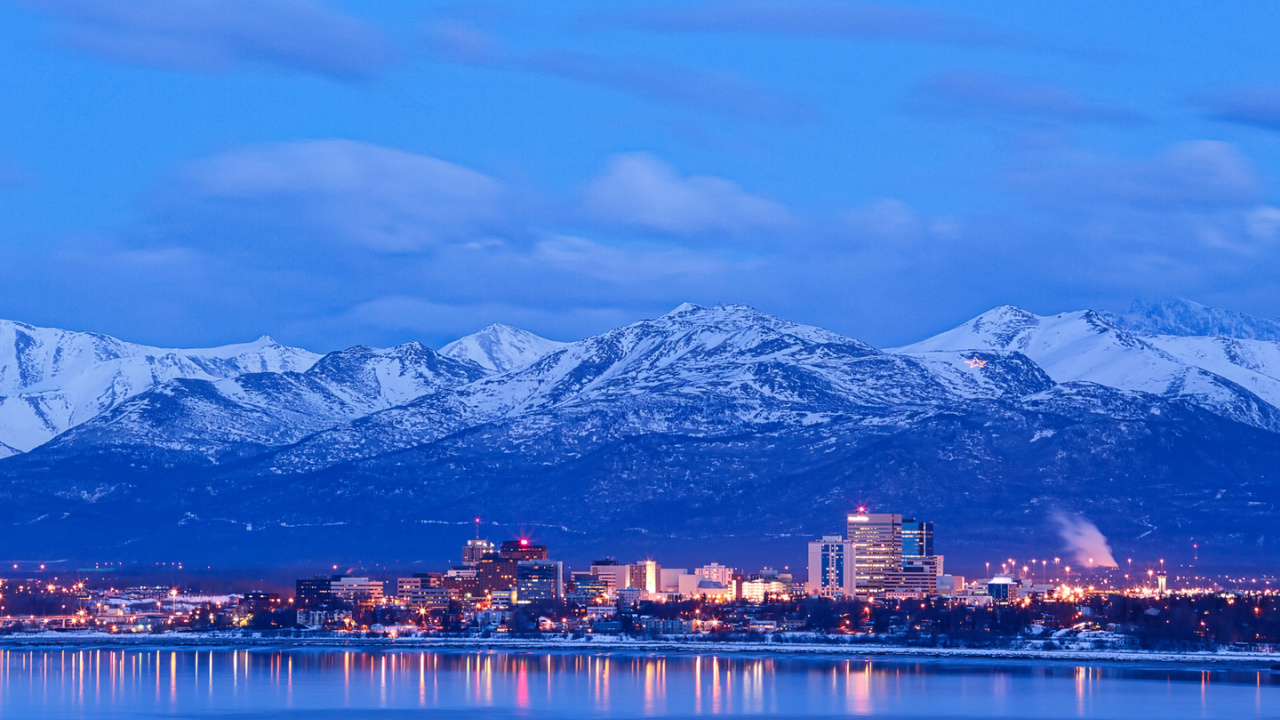
Choosing a refuge in the event of societal collapse involves weighing the pros and cons of each location against your personal preparedness goals and abilities. Whether you’re drawn to the solitude of the desert or the protective heights of the mountains, the key is finding a place that offers safety and the opportunity for growth and renewal.

